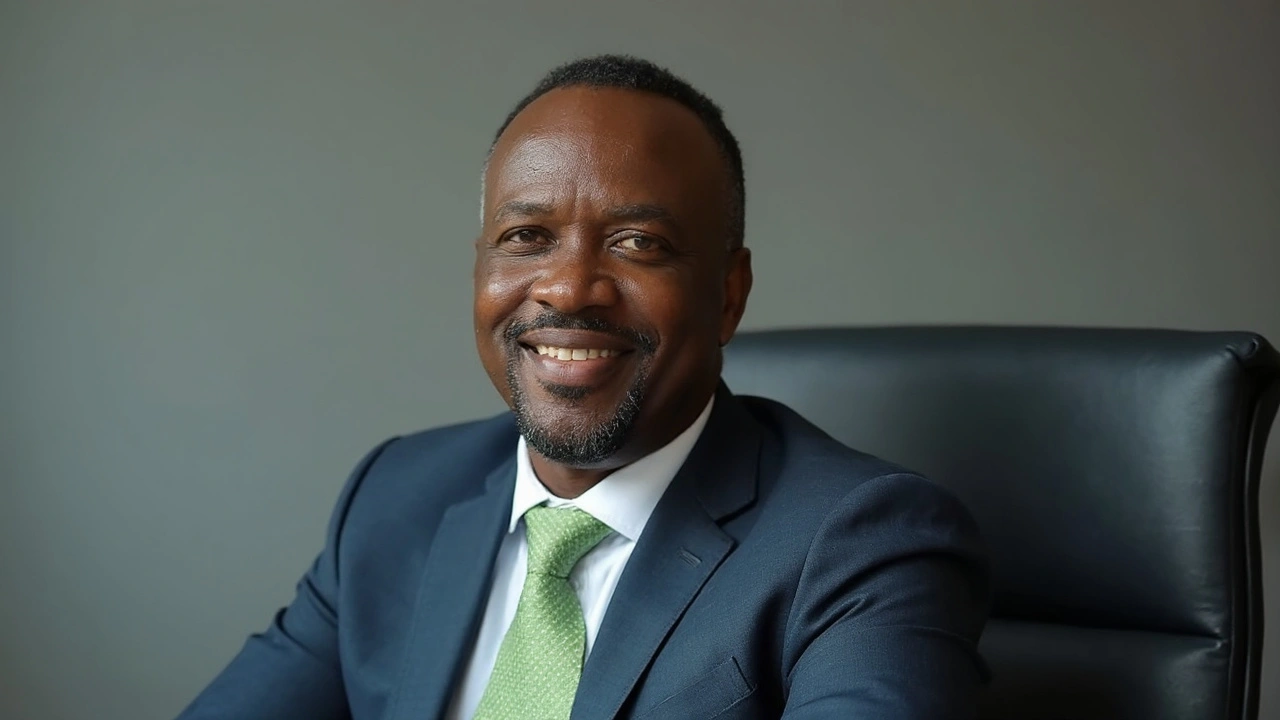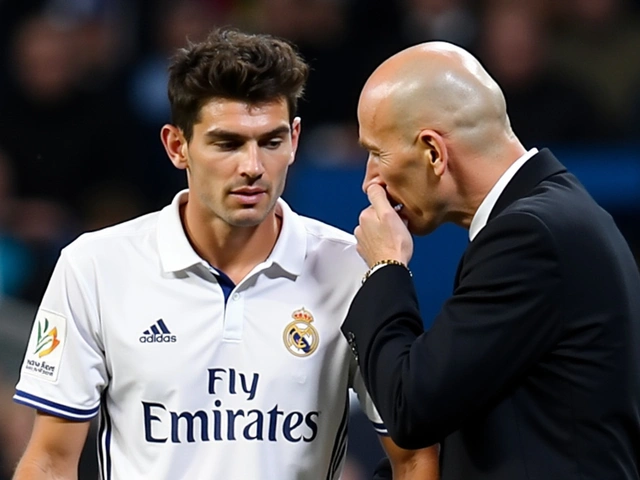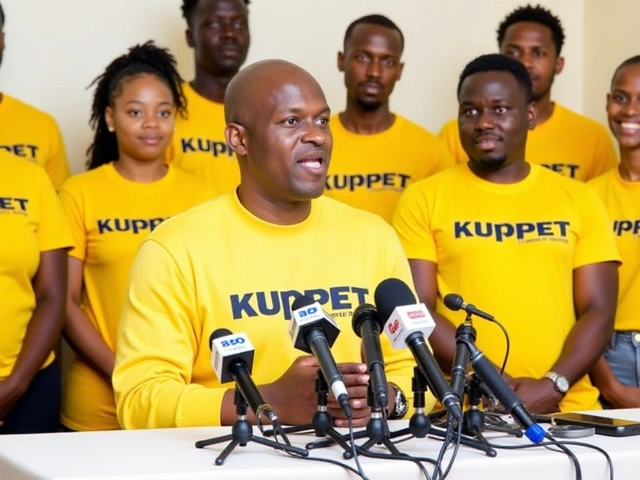EFCC – What It Is and Why It Matters
When you hear "EFCC" it usually means the Economic and Financial Crimes Commission – Nigeria's top agency that hunts down fraud, money‑laundering and corruption. It's not just a government department; it's a force that tries to keep public money out of the hands of a few and protect ordinary citizens from shady deals.
Most people think the EFCC only shows up in headlines about big politicians or oil tycoons, but the agency also deals with everyday scams that affect small businesses and shoppers. Understanding how the EFCC works helps you spot red flags and know when a story is real or just hype.
Recent EFCC Cases You Should Know
In the past few months the EFCC has moved on several high‑profile investigations. One case involved a former state official accused of siphoning millions from a public infrastructure project. The agency froze bank accounts, seized assets worth over $10 million and is now heading to court. Another story focused on a network of online fraudsters who used fake e‑commerce sites to steal credit‑card data from shoppers across West Africa. The EFCC’s cyber‑crime unit managed to track down the servers in just weeks, leading to dozens of arrests.
These examples show the EFCC’s reach – from bricks‑and‑mortar corruption to digital scams. The agency also works with international partners like Interpol and the United Nations Office on Drugs and Crime, which means they can follow money trails that cross borders.
How EFCC Impacts Everyday Life
Even if you never meet an EFCC officer, the commission’s work affects you. When the EFCC cracks down on a corrupt contractor, the money saved can go back into roads, schools or hospitals. When they shut down a fake investment scheme, you avoid losing hard‑earned cash. The EFCC also runs public awareness campaigns about common fraud tactics – think fake lottery wins or phishing emails that look like they come from banks.
If you ever get a call asking for personal details, remember the EFCC's advice: never share passwords, PINs or OTPs over the phone. Report suspicious activity to the nearest EFCC office or via their online portal. Quick tips like these can stop a scam before it hits your wallet.
On the job market side, many multinational firms in Nigeria now require a clean EFCC record as part of their background checks. That’s why it’s a good idea to keep your tax filings tidy and avoid any deals that look too good to be true. A clean record not only protects your reputation but also makes you more attractive to employers.
Bottom line: the EFCC is more than a headline grabber – it’s a watchdog that touches finance, business and everyday safety. Keeping an eye on its latest moves helps you stay informed, protect your money, and understand the broader fight against corruption in Nigeria.
Court Seizes ₦12.18bn Assets from Ex-CBN Governor Godwin Emefiele
In a landmark judgment, the Federal High Court in Lagos has ordered the permanent forfeiture of assets worth ₦12.18 billion, linked to former CBN Governor Godwin Emefiele. The Economic and Financial Crimes Commission (EFCC) secured the ruling, arguing the properties were gained through corrupt means. Key sites include notable real estate in Lagos and an industrial project in Delta State.
View More





